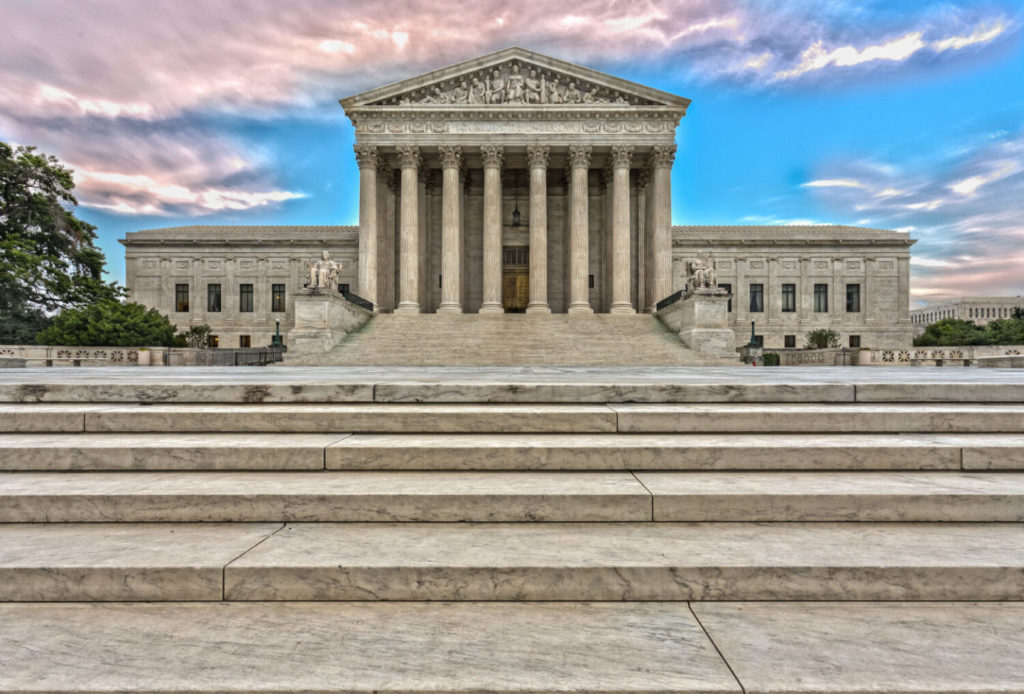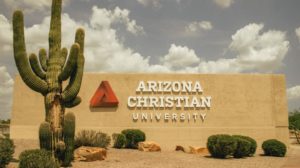Christian school renews effort to expand religious freedom over employment
(SCOTUSBlog) – Nearly three years ago, the Supreme Court extended a First Amendment protection known as the “ministerial exception,” a court-created doctrine that bars courts from…

(SCOTUSBlog) – Nearly three years ago, the Supreme Court extended a First Amendment protection known as the “ministerial exception,” a court-created doctrine that bars courts from reviewing employment decisions by religious employers about their ministers.
Last year, four justices issued a statement regarding the denial of a petition that sought to further expand the types of workers who qualify as a minister covered by the exception. Writing for the group, Justice Samuel Alito indicated that although the case was not a suitable candidate for Supreme Court review at that point, the Christian college that filed the petition could return to the court down the road.
That dispute settled in December. But with four justices — the number it takes to grant a petition — signaling their interest in expanding the independence of religious institutions to make employment decisions, it was only a matter of time before another case came to the court. This week, we highlight cert petitions that ask the court to consider, among other things, at what stage of litigation the ministerial exception should come into play.
Gregory Tucker was a science teacher at Faith Christian Academy, a religious school operated by the nondenominational Faith Bible Chapel in Arvada, Colorado. Tucker later took on an additional position at the school known by two names: Director of Student Life and Chaplain. Three years into this role, he began planning Faith Christian’s weekly chapel meetings.
In January 2018, Tucker held one of these meetings on the issue of race and faith. Initially supported by the school, Tucker’s discussion drew heated criticism from parents for covering topics that included white privilege and systemic bias against people of color. Things devolved quickly from there. Explaining that it disagreed with Tucker’s reading of scripture, Faith Christian took away his supervision of weekly chapel meetings. Tucker resisted, and the school demoted him to his teaching duties only. By the end of February, it had fired him outright.
Tucker sued Faith Christian for wrongful termination and argued that the decision to fire him violated Title VII of the Civil Rights Act because he had opposed alleged race discrimination at the school. The school asked for the case to be dismissed under the ministerial exception.
Both a federal district court and the U.S. Court of Appeals for the 10th Circuit refused to quash Tucker’s lawsuit. Whether Tucker served as a minister is a difficult question for a jury to answer, the 10th Circuit explained. Although the ministerial exception might ultimately shield Faith Christian from liability, the court ruled, it does not protect the school against having to litigate Tucker’s lawsuit at all.
In Faith Bible Chapel International v. Tucker, the school asks the justices to step in. Faith Christian argues that the question whether Tucker is a “minister” and the decision to fire him are matters of internal church doctrine, and that subjecting it to a long and costly trial would violate the purpose of the First Amendment’s protections for religious employers. In the case denied last February, four justices concluded that the ministerial-exception determination wasn’t yet ready for review. Here, the school contends, the timing issue itself is the question.
The group representing Faith Christian filed another petition, Synod of Bishops of the Russian Orthodox Church Outside of Russia v. Belya, raising similar issues. In that case, the question is whether a church can invoke the First Amendment to avoid a defamation suit from a former priest suspended in light of allegations that he forged documents to be appointed as a bishop.



